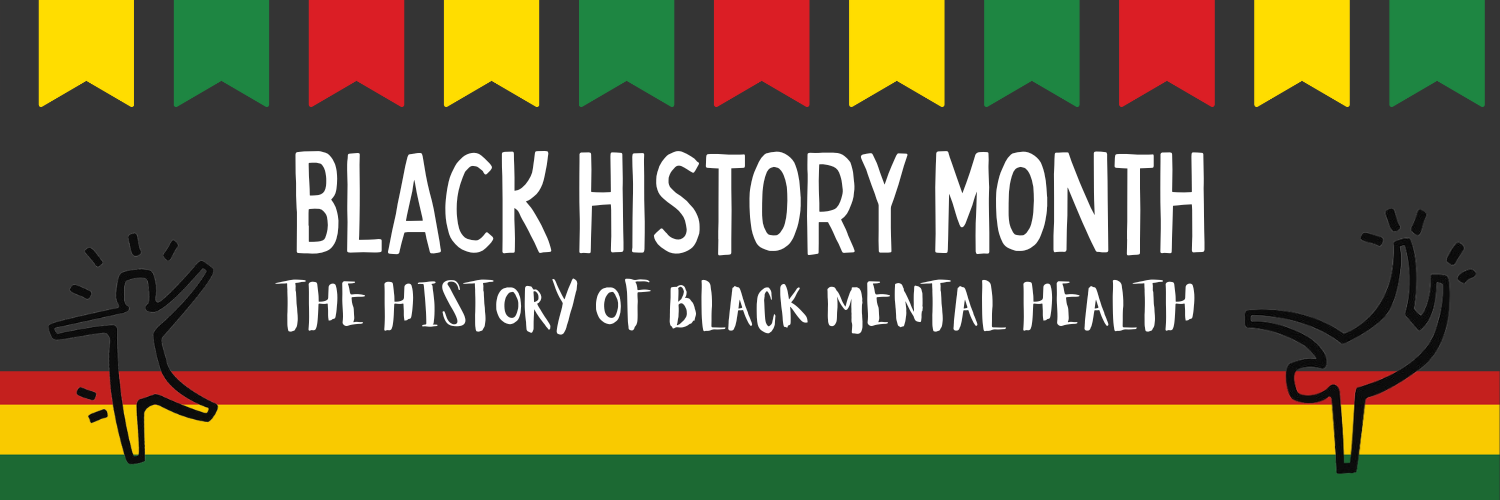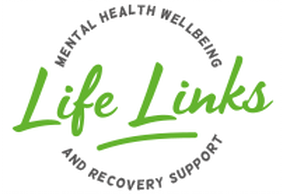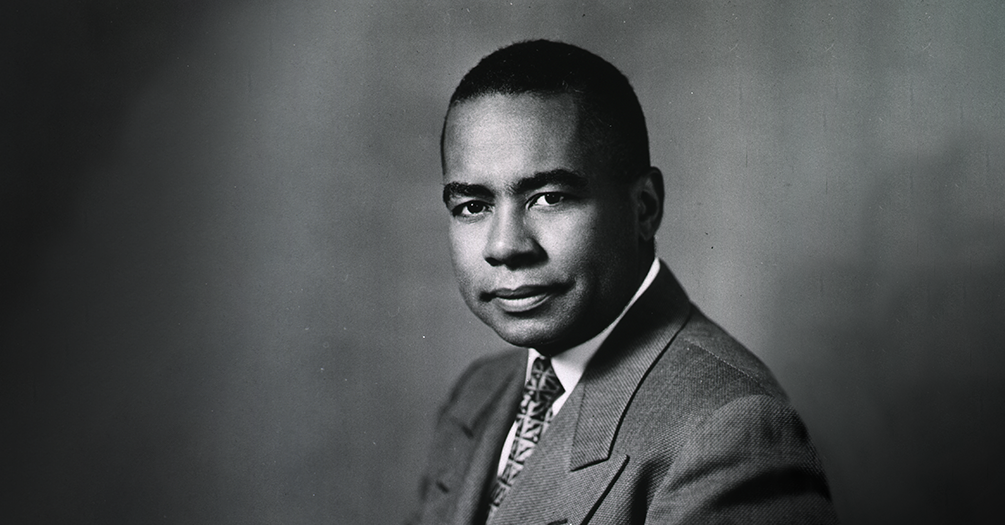I’d assume running away from forced labour was in fact a true act of sanity, but Dr. Samuel Cartwright argued otherwise, and his publishing of this theory in “Diseases of the Negro” led to the beginning of various unsafe “medical” experimentation done on enslaved people.
As time progressed, it was getting obvious that mental illness can and is heavily impacting the Black community and so professionals began to single out the ‘problematic’ ones and take them for treatment – which essentially just meant locking them up in shabby institutions where they were mistreated. If you’ve ever heard, “black people don’t go to therapy” this is probably why. It became a situation where actually seeking help to deal with your mental health was far scarier than just choosing to live with the voices in your head, which is something no one should have to experience.
Thank God that that is not the case today. Despite the terrors of its very long past, black mental health has come quite a long way; not only is it more recognised but there are many more efforts made to try and understand mental troubles that black people today face. Currently, particularly here in the UK, black folks and other ethnic minorities can walk into support services, clinics, hospitals freely and seek help with little to no barriers in their way. This is because of a few heroes who paved the way for equal rights in the field of Mental Health like:







